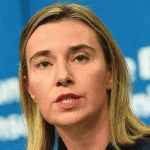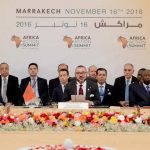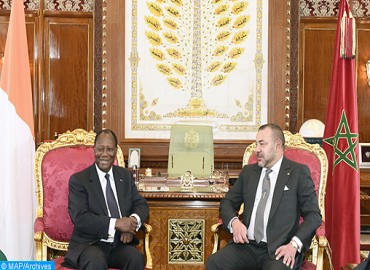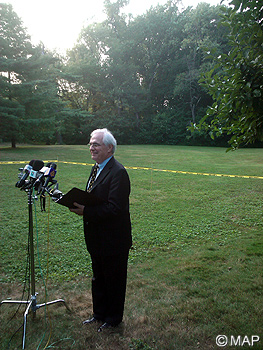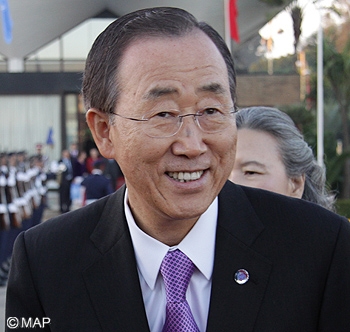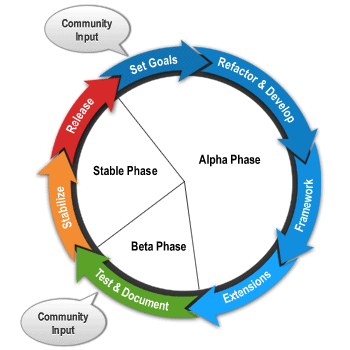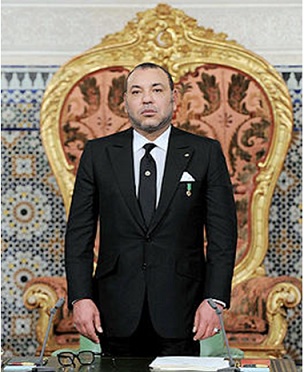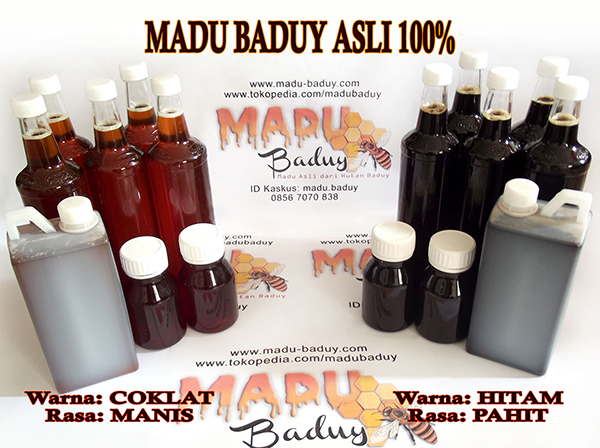Morocco’s OCP Announces Groundbreaking $3.8 Billion Partnership With Ethiopia
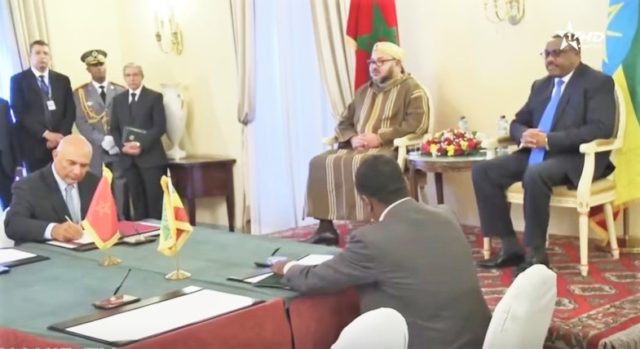
PERSISMA, Casablanca — Morocco’s state-owned company OCP and the Ethiopian Ministry of Public Enterprise announced today the signing of a $2.4 billion dollar partnership aimed at building a large scale fertilizer plant in Ethiopia in the hopes of increasing fertilizer usage across the continent.
The partnership entails the development of a world-class $2.4 billion fertilizer platform in Ethiopia, according to a statement released on November 19 by the OCP, the Moroccan world leader in the phosphate industry.
“This game-changing partnership is based on a common vision between Morocco and Ethiopia for sustainable agricultural development across Africa and reinforces economic ties between the two countries,” says the OCP statement.
In terms of fertilizer usage, Africa has a long way to go in comparison to other continents.
A study released by Technoserve West Africa (see below) showed that African usage of fertilizer is way lower than that of America, Asia and Europe. Central Africa, for example, only uses 1 kg/ha of fertilizer nutrients. And the biggest user of fertilizers, North Africa, only uses 47 kg/ha of fertilizer compared to Eastern Asia, for instance, which uses 393 kg/ha of fertilizer nutrients.
It is clear that, as a whole, Africa has a long way to go to match up with its American, European and Asian counterparts. The partnership between Ethiopia and the OCP will be an important step in that direction.
“The first phase of the $2.4 billion investment,” says OCP, “will enable the production of 2.5 million tons of fertilizer per year through 2022, rendering Ethiopia self-sufficient in fertilizer and creating opportunities for exports.”
“The plant,” the statement continues, “named Dire Dawa Fertilizer Complex, will produce fertilizer made from Ethiopian potash and ammonia gas, as well as OCP’s phosphoric acid, taking full advantage of both countries’ complementary natural resources.”
The second phase of the investment, with an additional $1.3 billion, will likely increase production to 3.8 tons per year by year 2025, according to the statement. Moreover, the plant will satisfy Ethiopia’s fertilizer demand with high quality fertilizers and allow export to the regional market.
Though the entire cost of the initiative will amount to $3.8 billion dollars, the OCP and the Ethiopian government believe that the benefits will far outweigh the cost, for both countries as well as for the entire African continent.

